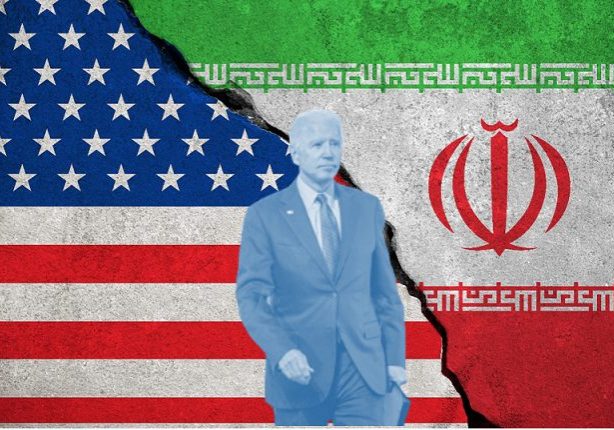
Biden’s Iran Dilemmas
November 20, 2020 | AIJAC staff
With the Biden team beginning its transition plans to take over the White House in January, this Update looks at some dilemmas President-elect Joe Biden and his administration will face in attempting to implement their articulated policy on Iran – namely, mutual return to the Joint Comprehensive Plan of Action (JCPOA) nuclear deal reached in 2015 followed by attempts to renegotiate that deal to cover its shortcomings.
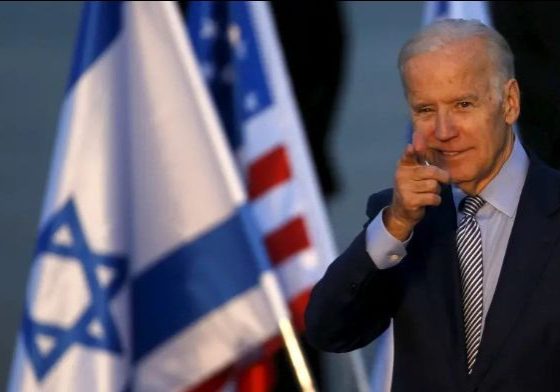
Middle East opportunities for a Biden administration?
November 13, 2020 | AIJAC staff
This Update features some articles suggesting that the incoming Biden Administration in the US may have some good policy opportunities available to it in the Middle East, as well as acknowledged challenges.
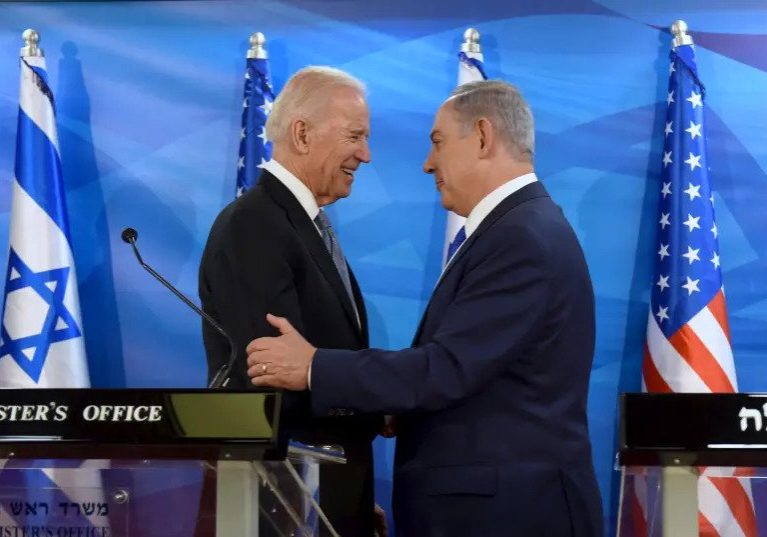
Israel and Middle East consider a probable Biden administration
November 6, 2020 | AIJAC staff
The US election remains too close to call, but it is clear that a Biden administration at this point looks more likely than the Trump Administration remaining in office. This Update looks at some preliminary analyses of what a Biden administration might mean for Israel and the Middle East.
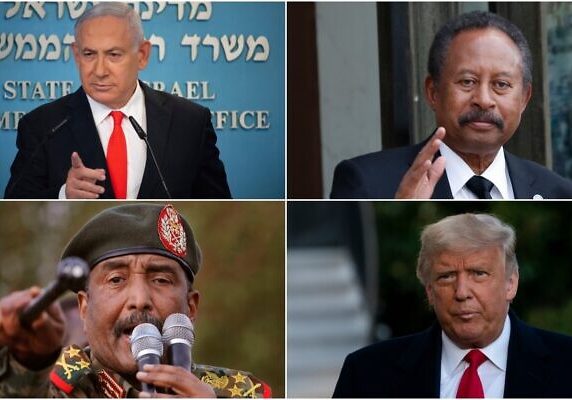
Sudan normalises relations with Israel
October 29, 2020 | AIJAC staff
This Update analyses the implications of the announcement over the weekend that Sudan would be following the UAE and Bahrain and normalising relations with Israel.
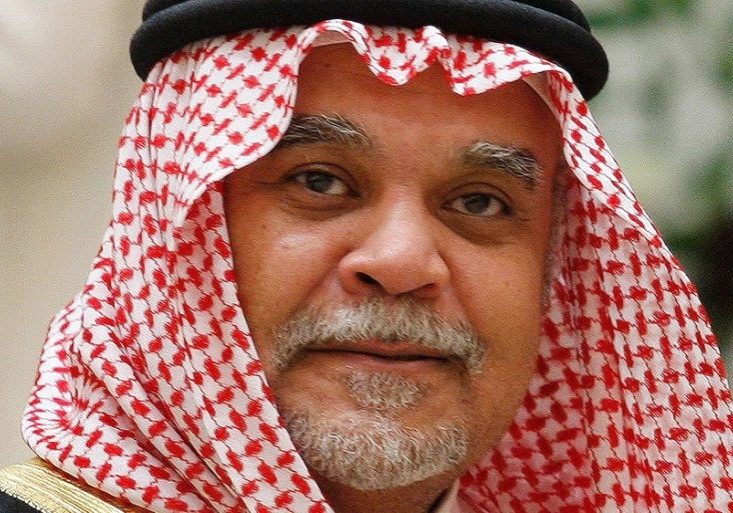
The split between the Palestinians and Arab states
October 22, 2020 | AIJAC staff
This Update deals with the apparent disenchantment with the Palestinians and their cause in large parts of the Arab world, and the Palestinian turn to non-Arab states for patronage, especially Turkey and its allies, and to a lesser extent Iran. Much analysis of this apparent split has been written in the wake of a very frank interview on October 6 by Prince Bandar bin Sultan – Saudi Arabia’s former ambassador to the US and director-general of the Saudi Intelligence Agency…
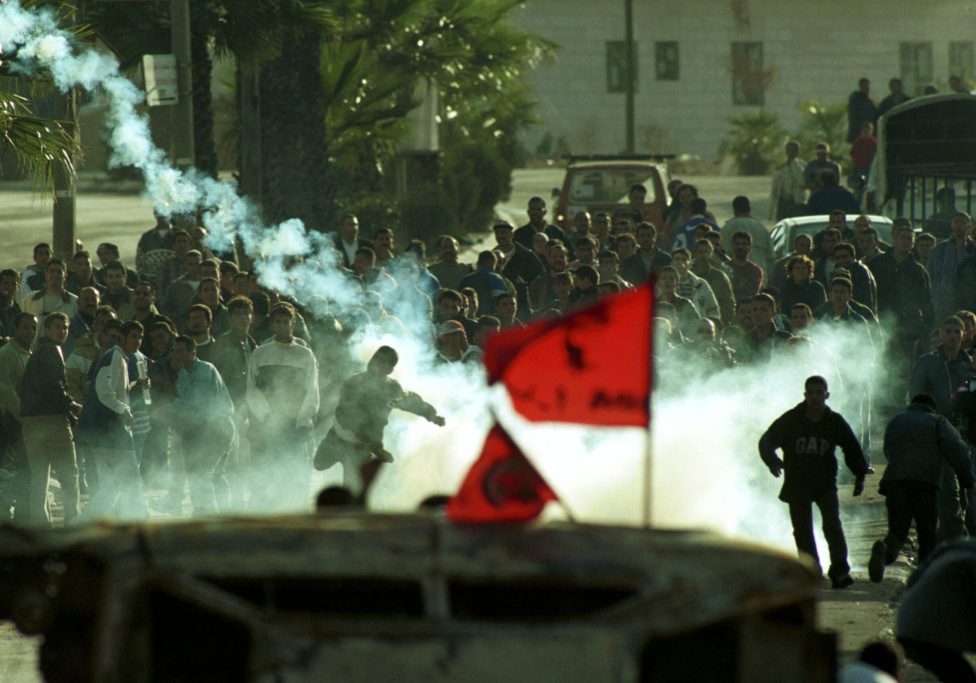
The Changing Middle East
October 9, 2020 | AIJAC staff
This Update features articles describing the ways that the Middle East has been changing over recent decades – especially since the Second Intifada, which broke out in late September 2000.
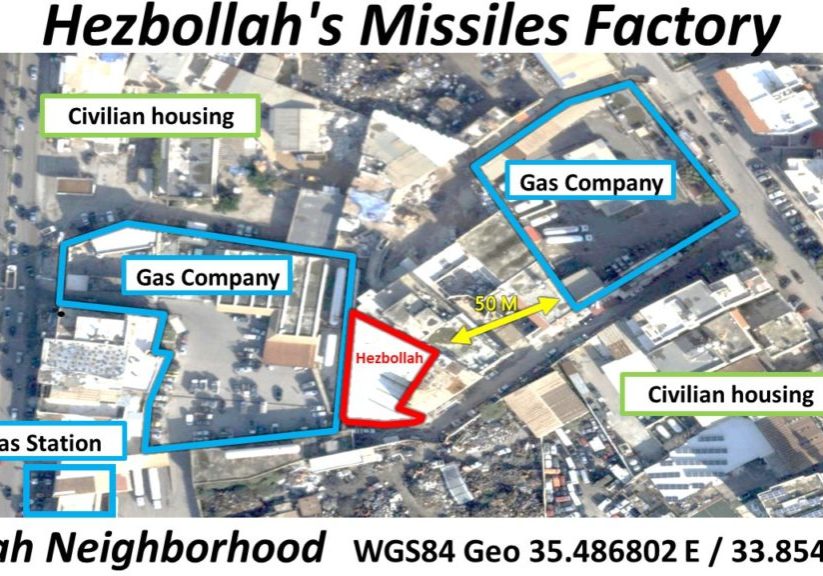
Netanyahu exposes Hezbollah missile sites in Beirut
October 2, 2020 | AIJAC staff
This Update discusses the revelations made by Israeli Prime Minister Binyamin Netanyahu in his speech to the UN General Assembly on Tuesday (delivered remotely) concerning a Hezbollah missile facility in Beirut right next to a gas company – which he warned could lead to a repetition of something like the horrific Beirut port explosion last month.
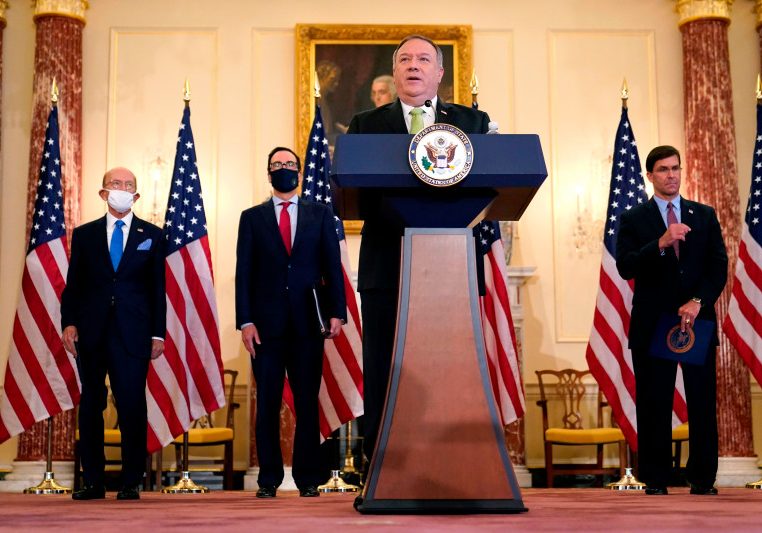
Sanctions “snapback” dispute regarding Iran
September 25, 2020 | AIJAC staff
This Update analyses the background of the US announcement on Monday that it views all UN sanctions on Iran suspended by the 2015 Joint Comprehensive Plan of Action (JCPOA) nuclear deal to have now “snapped back” into effect under provisions of UN Security Council (UNSC) Resolution 2231 that the US invoked last month.
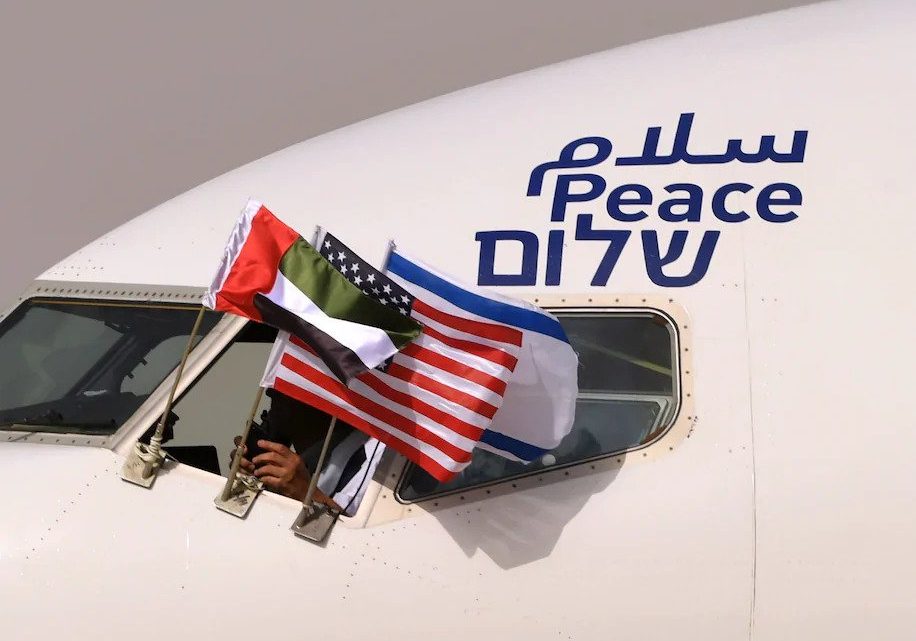
Israel and UAE ready to sign normalisation deal
September 11, 2020 | AIJAC staff
The United Arab Emirates (UAE) and Israel are reportedly set to formally sign their normalisation deal on Tuesday, September 15 at the White House. The deal was agreed to in principle last month, and talks about it were held in the UAE after an Israeli plane brought a delegation there on August 31. This Update looks at various aspects and implications of the deal, now that it is confirmed to be definitely formalised in a signed agreement.
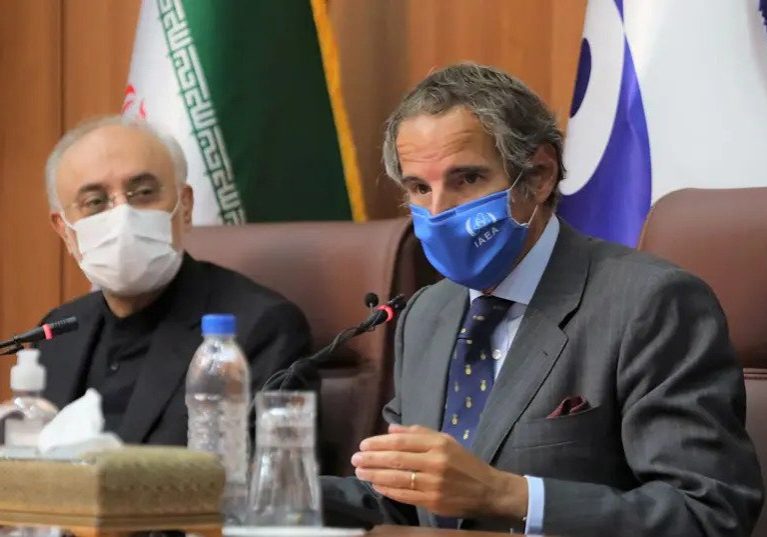
An Iran-IAEA deal?/ Iran and Israel-UAE normalisation
August 28, 2020 | AIJAC staff
This Update looks at the implications of both the inspection deal reportedly reached Wednesday between Iran and the International Atomic Energy Agency(IAEA), and of Iran’s reaction to the Israel-United Arab Emirates (UAE) normalisation agreement two weeks ago.
- 1
- 2
- 3
- 4
- 5
- 6
- 7
- 8
- 9
- 10
- 11
- 12
- 13
- 14
- 15
- 16
- 17
- 18
- 19
- 20
- 21
- 22
- 23
- 24
- 25
- 26
- 27
- 28
- 29
- 30
- 31
- 32
- 33
- 34
- 35
- 36
- 37
- 38
- 39
- 40
- 41
- 42
- 43
- 44
- 45
- 46
- 47
- 48
- 49
- 50
- 51
- 52
- 53
- 54
- 55
- 56
- 57
- 58
- 59
- 60
- 61
- 62
- 63
- 64
- 65
- 66
- 67
- 68
- 69
- 70
- 71
- 72
- 73
- 74
- 75
- 76
- 77
- 78
- 79
- 80
- 81
- 82
- 83
- 84
- 85
- 86
- 87
- 88
- 89
- 90
- 91
- 92
- 93
- 94
- 95
- 96
- 97
- 98
- 99
- 100
- 101
- 102
- 103
- 104
- 105
- 106
- 107
- 108
- 109
- 110
- 111
- 112
- 113
- 114
- 115
- 116
- 117
- 118
- 119
- 120
- 121
- 122
- 123
- 124
- 125
- 126
- 127
- 128
- 129
- 130
- 131
- 132
- 133
- 134
- 135
- 136
- 137
- 138
- 139
- 140
- 141
- 142
- 143
- 144
- 145
- 146
- 147
- 148
- 149
- 150
- 151
- 152
- 153
- 154
- 155
- 156
- 157
- 158
- 159
- 160
- 161
- 162
- 163
- 164
- 165
- 166
- 167
- 168
- 169
- 170
- 171
- 172
- 173
- 174
- 175
- 176
- 177
- 178
- 179
- 180
- 181
- 182
- 183
- 184
- 185
- 186
- 187
- 188
- 189
- 190
- 191
- 192
- 193
- 194
- 195
- 196
- 197
- 198
- 199
- 200






